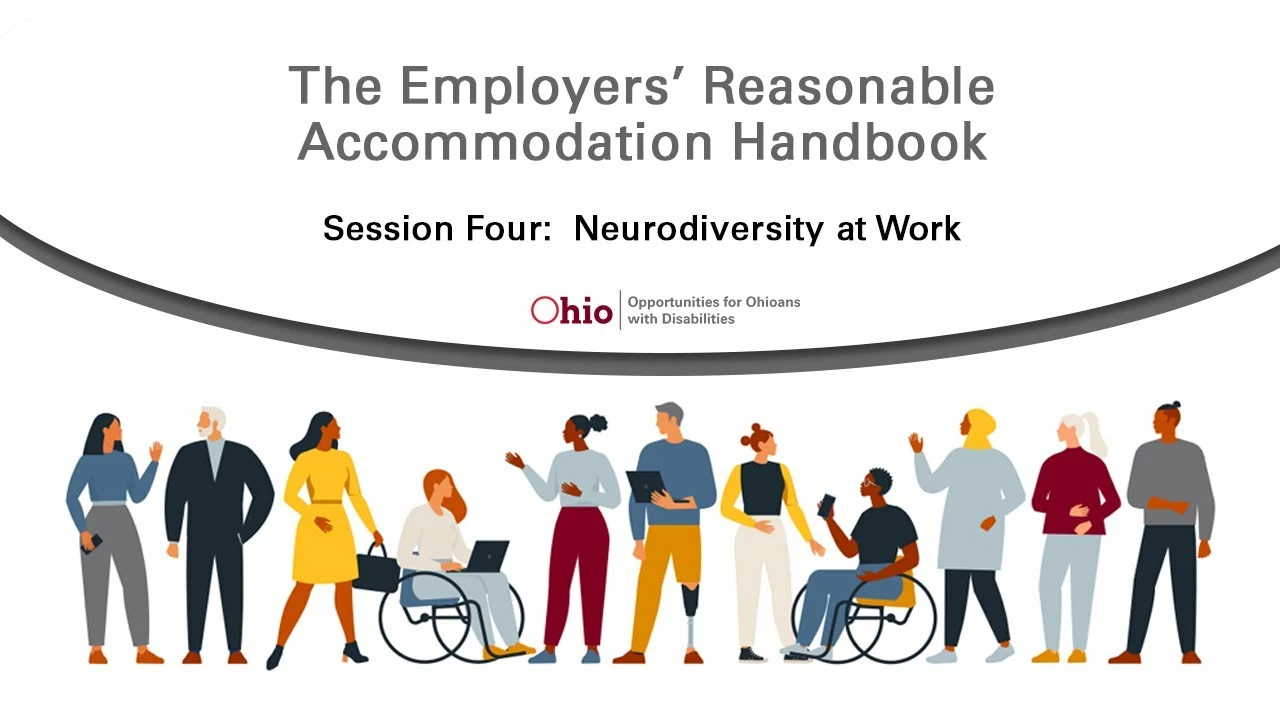Workplace Accommodations Made Simple
If you need a change at work—like a quieter desk, flexible hours, or special equipment—you’re not alone. Millions of people ask for accommodations every year, and most employers want to help. The trick is knowing what you can request, how to ask, and where to turn if things stall.
Why Workplace Accommodations Matter
Accommodations keep talent on the job and protect employees from unnecessary stress. When a company makes a simple tweak—like adjusting lighting or allowing remote work—it can boost productivity and morale instantly. The law backs you up too; in many countries, disability‑related accommodations are a legal right, not a favor.
Real‑world examples show the impact: one employee with chronic back pain asked for an ergonomic chair and saw pain drop dramatically. Another worker with anxiety got a quiet room to take short breaks, which helped them meet deadlines without burnout. Small changes often lead to big wins for both staff and business.
Practical Steps to Get the Right Support
1. Know Your Rights. Start by checking local regulations—like the ADA in the U.S. or the Equality Act in the UK. These laws list the types of accommodations employers must consider and explain how the process works.
2. Identify What You Need. Write down the exact adjustments that would help you perform your job. Be specific: “a height‑adjustable desk” or “the ability to work from home two days a week.” The clearer you are, the easier it is for HR to act.
3. Talk to Your Manager or HR. Schedule a short meeting and bring your list. Explain how each request ties directly to better performance. Keep the tone collaborative—most managers want solutions that keep work flowing smoothly.
4. Provide Supporting Docs if Needed. A note from a doctor, therapist, or occupational specialist can speed up approval. It doesn’t have to be lengthy; a brief statement outlining the limitation and suggested accommodation is enough.
5. Follow Up in Writing. After the conversation, send an email summarizing what was discussed and any agreed‑upon next steps. This creates a paper trail and helps prevent misunderstandings.
6. Know Your Options If You Hit a Wall. If your request is denied or delayed, you can ask for a written explanation, appeal internally, or reach out to external agencies like the EEOC (U.S.) or local employment tribunals. Often, a simple clarification clears up the issue.
Remember, accommodations are about making work doable, not giving special treatment. By framing your request around productivity and mutual benefit, you increase the chance of a quick, positive outcome.
Need more help? Many non‑profits offer free counseling on workplace rights, and several online tools let you draft accommodation letters in minutes. A little preparation goes a long way—so take the first step today and see how small changes can make a big difference at work.

- May 11, 2023
- Posted by Cillian Osterfield
The Impact of Spastic Muscle States on Career and Employment Opportunities
In my recent blog post, I discussed the impact of spastic muscle states on career and employment opportunities. It's unfortunate that those affected by this condition often face challenges in finding and maintaining jobs due to physical limitations and societal stigma. Employers can play a significant role in creating an inclusive work environment by offering reasonable accommodations and fostering awareness. By doing so, we can ensure that individuals with spastic muscle conditions have equal opportunities and can lead fulfilling professional lives. Let's work together to break down barriers and create a more inclusive workplace for everyone.
Categories
- Health and Wellness (72)
- Medications (69)
- Health and Medicine (28)
- Pharmacy Services (12)
- Mental Health (9)
- Health and Career (2)
- Medical Research (2)
- Business and Finance (2)
- Health Information (2)
Latest Posts
©2026 heydoctor.su. All rights reserved





